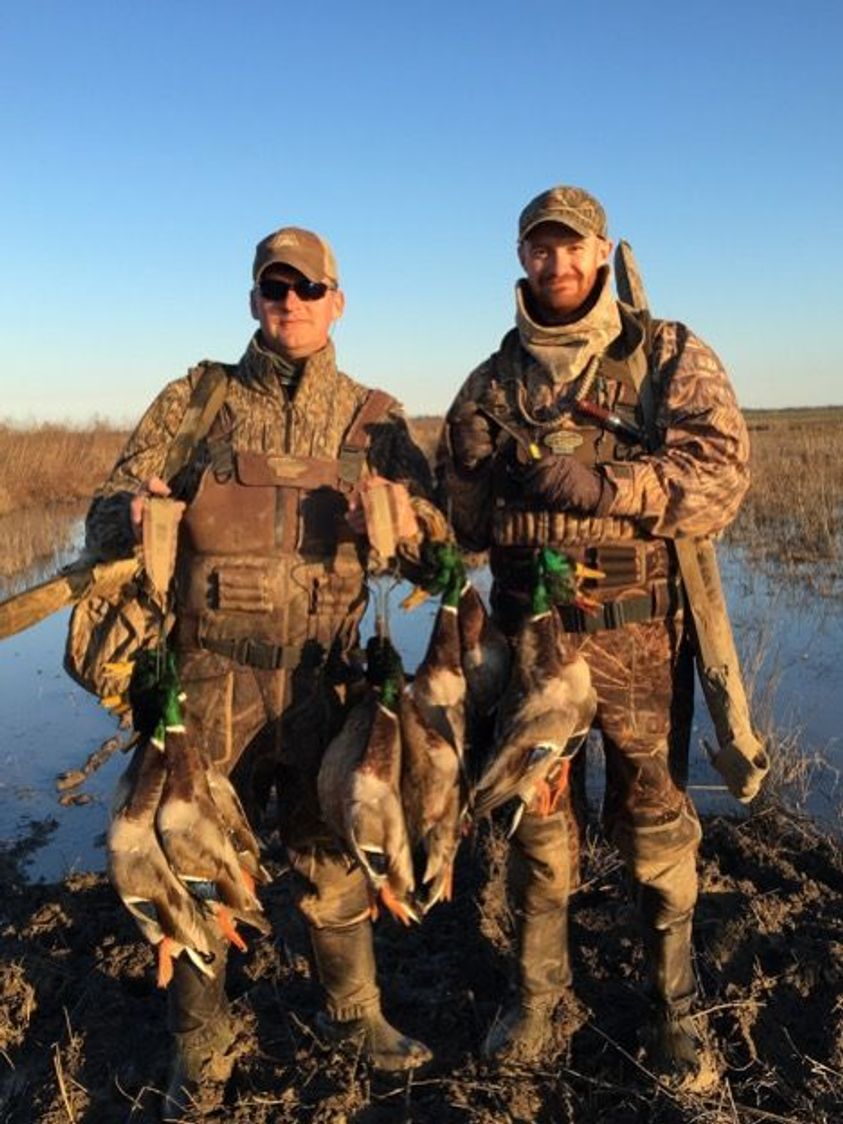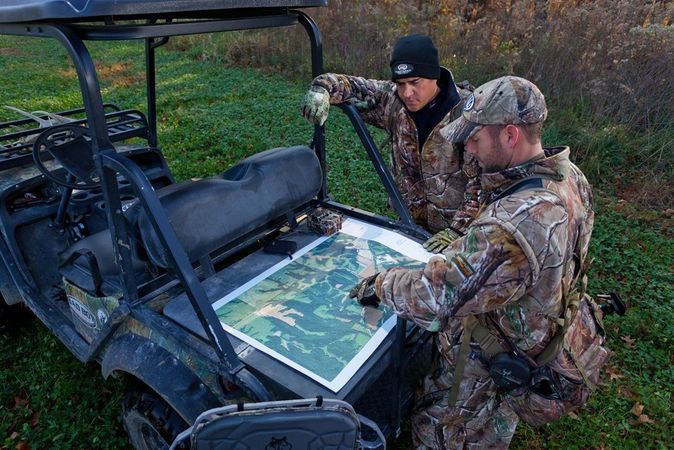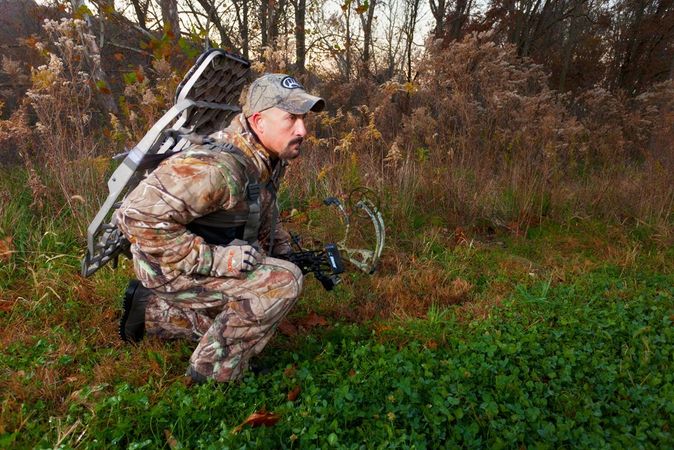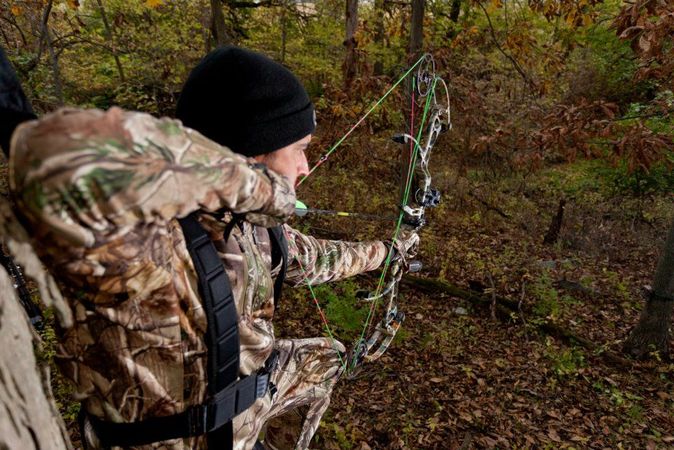I know what I’m doing is probably the most dangerous thought a hunter can have on the water or in the woods. It’s risky to get too comfortable. Hunting for waterfowl has the added element of (usually) icy water and heavy gear. So, carefully consider the risks before you get too hasty – slow and steady wins the race.
1. Never Get in Deep Water in Your Waders
The weight of your waders and boots alone can make it difficult to keep your head above water if you were to unexpectedly fall in. Let them fill with water and you’re in a very dangerous situation. Always wear a life jacket when you’re on a boat. We know you can swim, but you cannot defy physics. Which leads us to our next point...
2. Wear Your Life Jacket. Period.
There is no excuse for not wearing a life jacket. Nobody cares about your toughness if you’re dead. The one time you lose your balance or an unexpected storm hits, you’ll be glad you took this advice, especially if you’re flying solo.
3. Exercise Boat Safety
Whether you’re slowly putzing to the blind in your boat or hunting directly from it, remember, you’re on water. The steady balance you would normally have when taking a shot or even shifting positions is not going to be present. There will always be more unpredictability on water, so be on the lookout for elements outside of your control, such as weather, wind, or a slightly submerged stump. And again, always wear a life jacket. Simply having one in the boat will not help you in an unexpected moment.
4. Protect Your Ears and Your Eyes
The close proximity of a booming shotgun to your ears can easily damage your hearing over time. Hearing loss or ringing is usually irreversible, and it’s completely avoidable. There are several great devices that allow you to hear the indicators you need within the “safe range” and still protect from the higher decibel, damage-causing range of a shotgun. Here’s a great list we found.
Speaking of the dangers of shooting shotguns close to your face, it only takes one stray shell casing to seriously damage an eye. Try out any of the safety glasses out there that also allow for improved visibility in extreme bright or low-light conditions. Be sure that whichever brand you choose is shatter and fog resistant. You only get one set of ears and eyes; take care of them.
5. Leave the Safety On
There’s no reason to have your safety off unless you’re about to fire. By clicking it off too early, you’re opening yourself up to the potential of unnecessary accidents. Any savvy shooter can easily flip off the safety without losing the shot, so don’t use that as an excuse either. It’s also important to be leery of safety failings and always use smart gun handling.
6. Be Upfront with Hunting Buddies
Your buddy has been waiting to get out in the blind for months. His excitement has him a bit trigger happy, and it’s making you nervous. We’ve all been there. He’s not intentionally creating a dangerous situation. Man to man, respectfully let him know that he needs to take it a bit slower, keep his safety on, and wait for the right shot. Another good way to avoid this from the start is to establish some ground rules before the hunt begins – that way, everyone is on the same page. Simple things like understanding shooting lanes, keeping the safety on, and even keeping the gun pointed away in a safe direction can serve as a much-needed reminder for an over-zealous hunter.
Bottom line, accidents can happen to even the most experienced hunters. It’s crucial to always exercise caution and patience, and never take for granted that a gun is lethal weapon and water is not just water when you’re wearing heavy waders. Be safe out there, folks.







